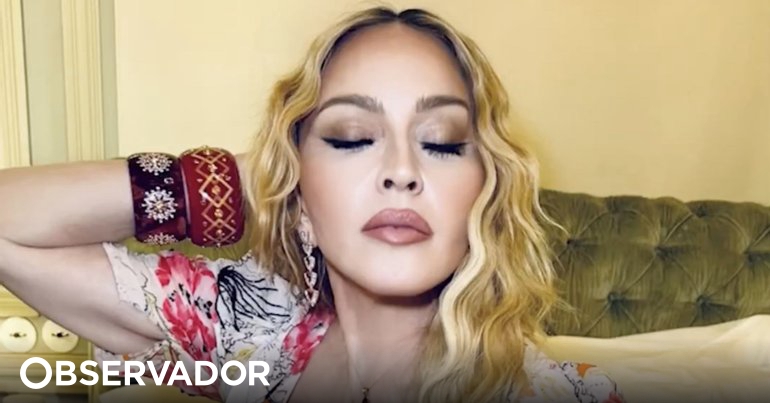In the frantic world we live in, in which what is taken for granted today may prove to be a haze of uncertainty tomorrow, we should encourage reflection on everything around us. Only with our heads open, with our eyes wide open, can we gain a more reliable perspective of what surrounds us—and only then will we be able to act accordingly.
Recently, with more emphasis in the academic community, much has been said about the concept of One Health. This interest in something that has been the subject of discussion not so recently has been revived during and after the COVID-19 pandemic, which supposedly has its origin in animals. At the same time, global warming – or, as the United Nations Secretary-General, António Guterres put it, boiling point – is becoming increasingly apparent. What is this whole concept?
In (very) abbreviated form, One Health describes the world as a place where people, animals and ecosystems should connect in perfect balance. This means that we must face our lives and the undertakings that underlie them, always keeping in mind the health of all beings. To this end, it is inevitable that the different and fragile environment and ecosystems in which we work will be the target of ongoing conservation efforts.
Well, this is something that, until now, we as residents and decision makers of the direction of our planet have not yet applied.
A striking example of this, which it would be impossible not to know, is the continuous deforestation of one of the largest green areas on Earth: the Amazon rainforest.
But this is not the only case. I can also mention the state of the jungle on the island of Borneo, where, year after year, orangutans are forced to choose a new station for the unfolding of their lives, pushed to the borders of their ancestral home. A small problem at first glance, but with catastrophic potential: it becomes impossible for them to resist the push that brings them irreparably closer to civilization. As a result of this close relationship, we are susceptible to notorious — but still little known — zoonotic diseases. Diseases that are likely to be transmitted to us by animals. This extreme displacement of animals from their natural habitat opens an even larger gap in already poor public health.
In addition, a statement was published by the World Nature Fund (WWF) indicating that the number of African lions has decreased by half, just in the last 25 years. half! These figures, which can only be taken obsessively, are mainly due to the increasing civilizing pressure, the illegal trade in animals and the increasing competition with humans for their prey. One of the greatest, if not the greatest, symbols of the African continent could, if we do not wake up in time, be on the verge of the end of its existence.
On the other hand, it is true that although there is still not enough awareness of this matter, awareness of this matter is increasing. However, there are strategies and action plans that should give continuity to this thought.
As in everything in life, education plays a prominent role. Educating new generations on how to relate to their environment should be a cross-sectional pillar in the correct and complete formation of children and young people.
Other measures, which perfectly illustrate the harmony that must exist between the three players in this trinity, are, for example, the protection and reintroduction of certain species which, by their natural and instinctive behavior, will help to avoid the natural disasters that afflict us all. around the world. So it is with fires. In a little more detail, the use of herbivores in areas of dense vegetation, which have a high mitigation potential, will significantly reduce the likelihood of these destructive phenomena.
In short, there is a need to restore and re-normalize ecosystems as catalysts for a more balanced state.
So that future generations can fully enjoy their existence, in perfect harmony with their surroundings and equipped with the knowledge that will allow them to ensure their maintenance in the future, it is necessary that we make this approach a compulsory philosophy in our daily lives. It’s not our health, the health of animals or ecosystems that is at stake, it’s everyone’s health – it’s only one health.

“Writer. Analyst. Avid travel maven. Devoted twitter guru. Unapologetic pop culture expert. General zombie enthusiast.”

